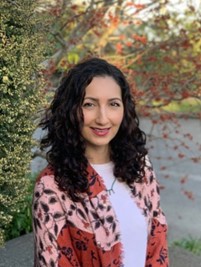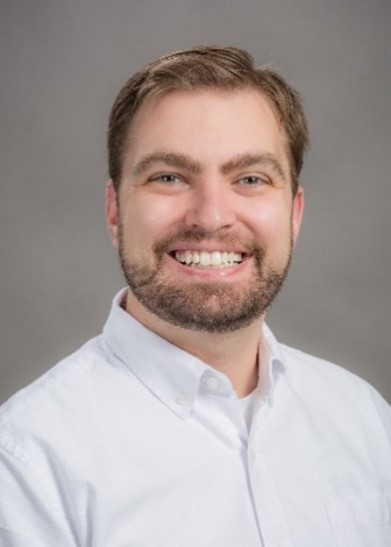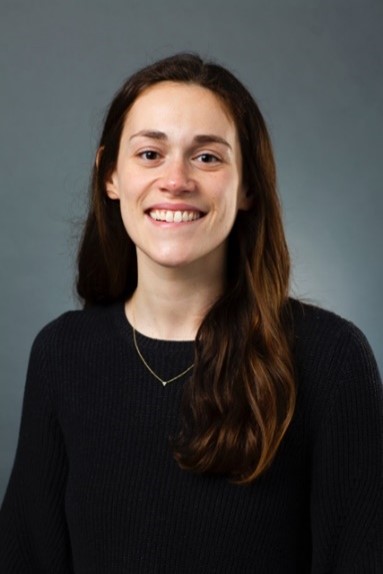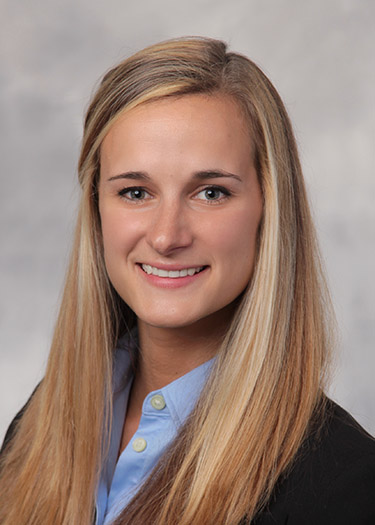Other Projects
Goals of Care after Stroke Survival
Funding source: University of Washington Royalty Research Fund.
Goals-of-care conversations (GOCC) are important but rare among stroke survivors. Led by Palliative care physician Dr. Nauzley Abedini, we are interviewing patients, clinicians, and families to learn more about their needs and perceptions regarding goals of care conversations after Stroke survival. Using human-centered design, we recently adapted an existing serious illness communication guide (the Jumpstart guide, developed at UW by Dr. J Randall Curtis) to the stroke setting. We are testing this guide in our stroke clinic to see if it can encourage these conversations both in and outside of the clinic.

Treatment Decisions for Older Adults with Severe Traumatic Brain Injury
Funding source: Adler Giersch Law firm endowed fund for traumatic brain injury research
Among older adults who suffer severe traumatic brain injury, the use of artificial life-support varies widely across institutions and individuals. Some of these observed differences may be based on informed wishes after high-quality communication and should be supported. However, unexplained disparities or those based on low-quality communication or lack of appropriate specialists need to be better understood and urgently addressed. Led by Neurocritical Care fellow Dr. Kris Hendershot, this project focuses on developing interventions that can help us provide the highest quality care to all patients in the Neurocritical care unit and their families.


Peer Support in the Neuro-ICU
Funding source: NCCIH F31 AT012417
Family care partners to patients with severe acute brain injury (SABI, e.g., ischemic stroke, intracerebral hemorrhage, and cardiac arrest) face unique stressors associated with their loved one’s neurological devastation including the inability to communicate with their loved one, the need to make medical decisions amidst prognostic uncertainty, and the experience of ambiguous loss and grief. Peer support may be a valuable approach to address the psychosocial needs of SABI care partners. Led by Psychology PhD candidate, Mira Reichman, this project focuses on developing peer support interventions specific to SABI care partners.
Communication and decision-making for patients receiving Extracorporeal Membrane Oxygenation therapy
Funding source: F32HL172560-01
Extracorporeal membrane oxygenation (ECMO) is a form of advanced life support that is increasingly used to treat circulatory failure. Despite the substantially increased use of ECMO over the past decade, inpatient mortality for patients supported by ECMO remains greater than 50%, and most people who die do so after a decision to withdraw the ECMO. Led by Pulmonary and Critical Care fellow, Dr. Whitney Kiker, this project aims to better understand – and eventually improve – how the decision to withdraw ECMO is made.

Trajectories of care and missed opportunities for survivors of severe acute brain injury
Funding source: K23NS099421
Led by Medical Student Adam Bunker, MPH, this project is taking a deeper look at the hospital survivors of a completed prospective cohort study that enrolled patients with severe acute brain injury (SABI) with a goal of better understand how sociodemographic characteristics may drive rehospitalizations after SABI survival (e.g. using area deprivation index). A qualitative aim of this study is to explore the documented conversations during outpatient visits for these SABI survivors with a focus on long-term goals of care and prognosis conversations.
Dying after Stroke
Despite considerable advancements in acute stroke management over the past 10 years, 20% of patients still die within the first month after stroke. Most patients who die early do so after a decision is made to withhold or withdraw artificial life support. Little is known about the acute dying process or experience of patients with stroke and their families. Led by Vascular Neurology fellow, Dr. Meghan Romba and Dr. Anna-Christin Willert from Berlin (Germany), this project focuses on patients with stroke who have died in our hospital with a goal to better understand and eventually improve how patients and their families experience the end-of-life process.